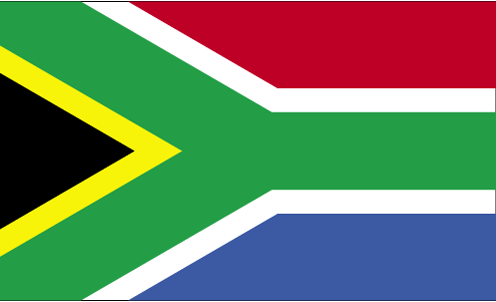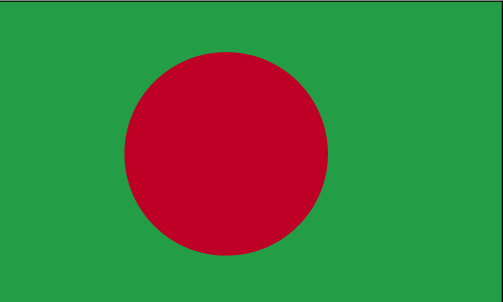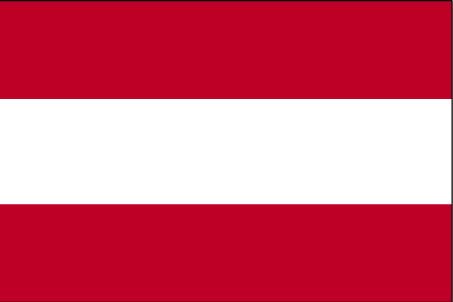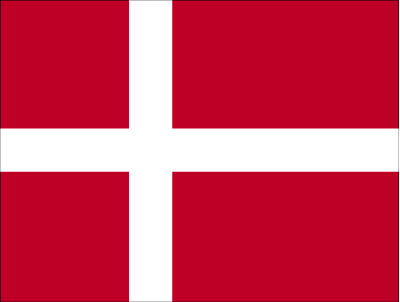Resolution #434
 |
The question of the role of women in the advancement of economic development. |
| Committee: ECOSOC | |
| Main Submitter: Côte D'Ivoire | |
| Submitted: 14/02/2025 21:15 |
| Status |
|---|
| Passed cosubmitter sheet validation |
| Approved by approval panel |
| Selected for debate by secretariat |
| Passed by committee (ECOSOC) |
Committee Voting
| For: | 20 |
| Against: | 4 |
| Abstentions: | 2 |
Options
Co-submitters
 | South Africa |
 | USA |
 | Pakistan |
 | United Kingdom |
 | Finland |
 | Australia |
 | Bangladesh |
 | Nepal |
 | France |
 | Austria |
 | Italy |
 | Denmark |
 | Qatar |
Resolution
FORUM: ECOSOC
THE QUESTION OF: The role of women in the advancement of economic development
SUBMITTED BY: Cǒte d'Ivoire
CO-SUBMITTED BY: South Africa, USA, Pakistan, UK, Finland, Australia, Bangladesh, Nepal, France, Austria, Italy, Denmark, Qatar
THE ECONOMIC AND SOCIAL COUNCIL,
Acknowledges sustainable development goal 5, in relation to total gender equality,
Recognises that the global average gender pay gap lies at a 20% disparity against women,
Recalling Beijing Declaration (1995), A global commitment to women’s rights in economic and political life,
1. Calls for the formation of a new UN sub-body known as the United Nations Commision for Women in the Economy (UNCWE), to be composed of leading women involved in business, politics and global organisations, to collaborate with governmental organisations such as UN-Women and all other relevant NGOs, to work in conjunction to discuss and research the topic of economic development and the essential role women play across the world, additionally all further clauses are to be overseen by the (UNCWE), as well as the following:
a. hosting a bi-annual conference to be held in Geneva, Switzerland, after the first year of this resolution's passing, to be attended by all willing member states and relevant field experts to be subsidised by the UNCWE, which attendees will use as a means to discuss current affairs in economic development and the impact of women, as well as to allow member states to cooperate with other nations to build resource sharing relationships among nations, and to share different practices in the advancement of women in the economy, each conference will be used to inform participating member states on certain developments in an extensive review overseen by UNCWE, in addition, the conference will include but not limit to:
i. workshops to educate participating member states into the issues and concerns faced by women not only in the workplace and in the economy each year, possible solutions to current affairs, and why female involvement, in the economy need to be addressed
ii. discussions, in regards to methods to support women in LEDCs by empowering them into work and education rather than at-home work
b. assisting all willing member nations in building national frameworks relating to job creation for women and for their communities to target national problems on this matter;
2. Encourages all member states to integrate promotions through advertisements concerning the empowerment of young women considering financial and entrepreneurial skills through measures including, but not limited to:
a. authorizing online or face to face conferences and workshops in cooperation with universities for women in order to provide them opportunities to discuss the challenges and advantages faced within the field of business with female role models
b. promoting campaigns and educational programs as well as STEM courses through organization of scholarships, partnering with private sector, governmental, and non-governmental organizations in order to raise awareness on the issue of discriminatory practices considering women
c. raising awareness on issues in the role of women, through digital and physical means such as biodegradable leaflets, posters, ads on social media platforms, TV commercials, and more which will tailor to cultural sensitivities and customs, for populations of a country;
3. Advocates for gender equal practices within workforces through international cooperation to promote women’s economic contributions globally through measure such as, but not limited to:
a. partnering with the international organization, UN Women, to correspond national priorities of development policies with the mandates of this organization, further emphasizing support towards a strong focus on women’s leadership, political participation and economic empowerment within the nation
b. supporting development programs which focus on the improvement of women’s participation within the economy, specifically referring to low-income countries, which provides opportunities for women in male-dominated fields along with the addressment of unemployment and inequality issues throughout the nation, further recommending gender equal treatment in global economic forums to ensure policies which promote inclusive economic growth, including the World Economic Forum (WEF) and the International Labour Organization (ILO);
4. Requests for the development of gender-responsive budgeting policies to allocate financial resources specifically for women’s economic advancement by:
a. encouraging national governments to adopt gender-responsive fiscal policies by setting a recommended minimum 2% of annual GDP allocating for use in workplace gender, balancing policies, for those above the national poverty threshold being 50% of a country's median equivalised disposable income after social transfers
b. integrating gender analysis into economic planning and policy information by conducting gender impact assessments for all major economic policies;
5. Asks for the support of the WHO to implement world wide health care provisions, as a subdivision of the WHO, Women's World Health Organisation (WWHO) to be overseen by the UNCWE, with the inclusion of sanitary product distribution aimed at LEDCs and qualified professional medical staff as a necessity for those in developing nations;
6. Reaffirms its commitment to achieving gender equality as a fundamental driver of sustainable development and inclusive economic growth;
7. Encourages the World Bank, as well as the IMF, to in incentivise large businesses and cover the cost for Small ans Medium-Sized businesses to offer employees paid maternity and paternity leave, more flexible work arrangemenrs, childcate facilities and other benefit to employees deemed necessary by UNWOMEN and UNCWE to ensure that having children does not act as a large a barrier to employment as it currently does;
8.Further calls for the creation of a UN Development Fund for Gender Diversity (UNDFGD) with funding coming from the World Bank with the aim of assisting LEDCs through:
a. assisting LEDCs in implementing the various clauses within this resolution,
b. Funding legal aid programmes being ran by the UNCWE and UNDP, to provide women the necessary information and support such as funding to afford lawyers and information on legal processes to fight for their rights including land rights and workplace discrimination,
c. Funding and running adult literacy programmes, being ran by the UNDP and the UNCWE, to ensure women have the ability to read and write to allow them to proceed to further education or get hired,
d. Running capacity building programmes, being ran by the UNDP and the UNCWE, with funding coming from the UNFGD to provide women the necessary skills and education they may have been deprived of to increase their ability to work in their preferred sector and set up companies,
e. providing low interest loans and grants for woman entrepreneurs within LEDCs through collaboration with Member Nations to support women led corporations, encouraging banks and financial institutions to introduce load products specifically for women entrepreneurs, with lower interest rates and flexible repayment plans,
f. Funding and providing maternal healthcare programmes in coordination with the WHO as well as sanitary products and contraception to allow women to balance family and work life;
g. facilitating microfinance programs to ensure women, especially in rural areas or LEDCs, have access to capital to start or expand small businesses,
h. partnering with private and public sectors to create women-focused investment funds, offering venture capital and seed funding to women-led startups, especially those in sectors critical to economic development.